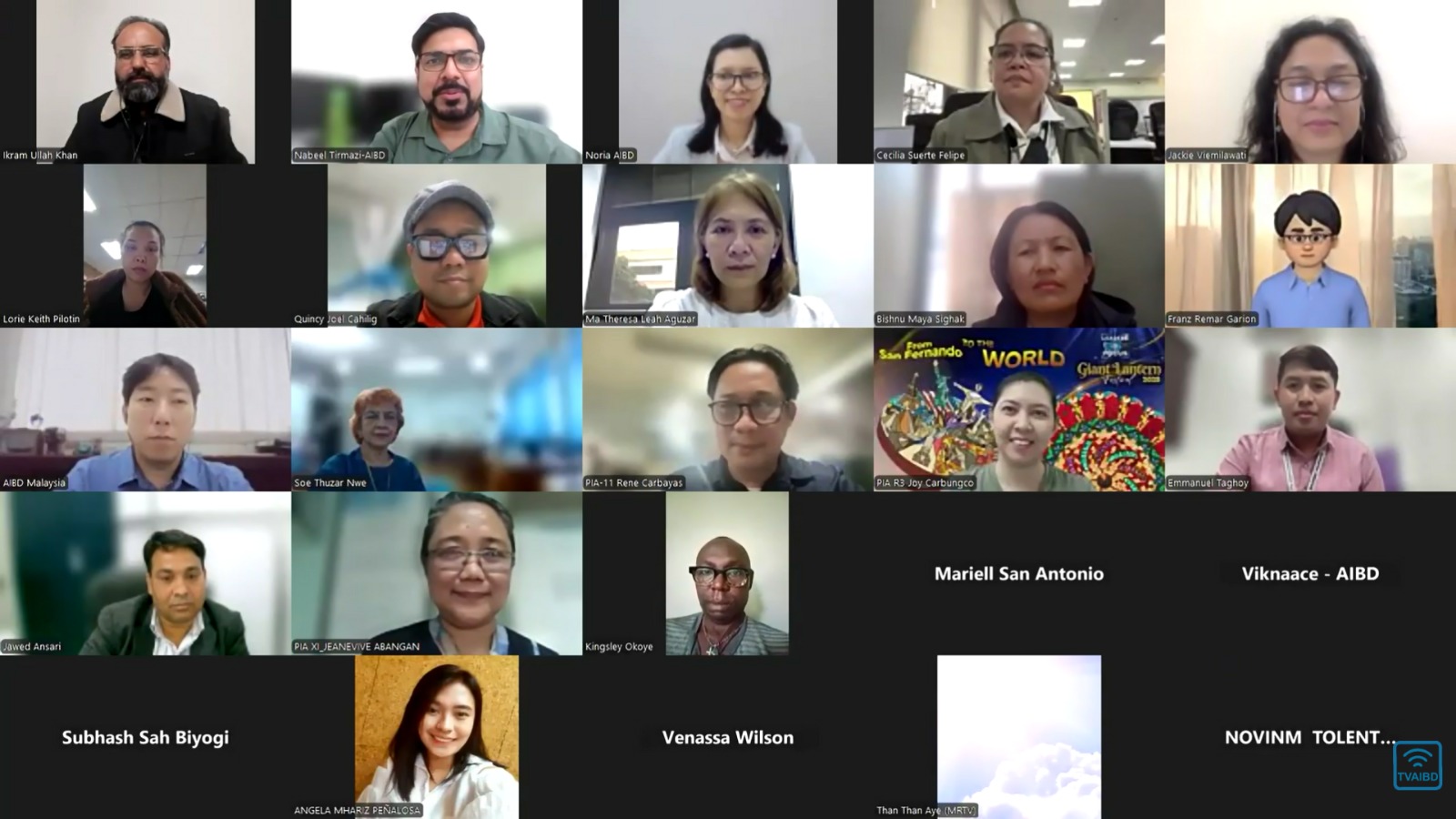Pluralism in Media
Dr. Venkat Iyer, a Barrister and Law Commissioner, United Kingdom, calls for pluralism or a marketplace of ideas in media that accommodates both mainstream and alternative views. He said belief in a free press is a requisite to allow a flourishing of ideas that can enhance media practice.
Dr. Venkat Iyer, a Barrister and Law Commissioner, United Kingdom, calls for pluralism or a marketplace of ideas in media that accommodates both mainstream and alternative views. He said belief in a free press is a requisite to allow a flourishing of ideas that can enhance media practice.
He spoke before some 70 participants of the pre-summit workshop on Media Ethics in the Age of Social Media that was held on 28 May 2013 in Manado, Indonesia. He served as the trainer of the one-day workshop that examined ethical issues impacting the individual as a journalist and the conduct of journalism.
Asked about the ethical issues surrounding a news organization that lacks impartiality and works for a political agenda, Dr. Iyer said he does not believe journalists can be totally impartial. However, if they believe in a free press, then they should allow for a flourishing of ideas, even if these are contrary to a political agenda.
A code of ethical conduct in most cases is within the broader framework of regulations that should not end stifling media freedom. Dr. Iyer said this should not be at the cost of the essential value of free speech. However, he clarified that “the right to free speech is not absolute and the issue is where to draw the line and strike a balance.”
Dr. Iyer also called for a strong public education to help citizens discern and judge the value of content on social media.
In discussing ethical issues affecting the conduct of journalism, Dr. Iyer said a journalist’s scope of duty will be defined by the relevance of the information imparted and the extent/nature of analysis expected.
Ethical dilemmas can confront journalists who are faced with the duty to remain impartial, avoid giving offense, keep out material that is likely only to satisfy the prurient curiosity of the public, keep news and opinion separate and to apply different standards to each, and ensure accuracy, veracity or legality.






